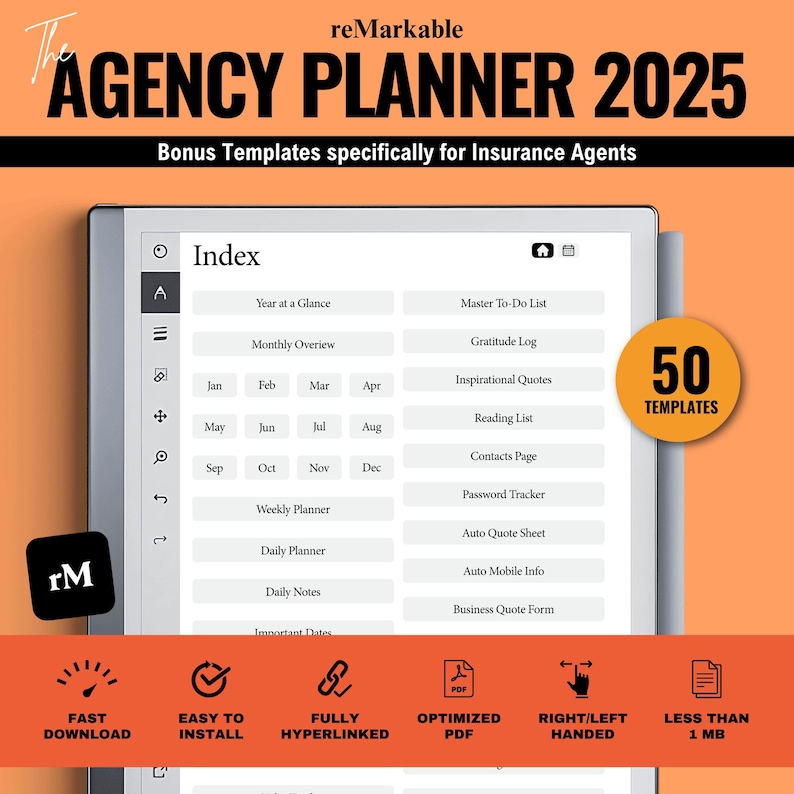Owning a boat is a thrilling way to explore the waters, enjoy recreational activities, and create lasting memories with friends and family. However, just like any valuable asset, boats come with their own set of risks, making insurance an essential part of responsible ownership. Understanding what boat insurance typically covers can help you protect your investment and navigate potential mishaps with confidence. In this detailed guide, we’ll break down the key components of boat insurance policies, helping you make informed decisions and ensure you’re adequately covered on every voyage.
Table of Contents
- Understanding Liability Coverage and Its Importance for Boaters
- Comprehensive Protection for Physical Damage and Theft
- Navigating Coverage Options for Personal Belongings and Equipment
- Recommendations for Choosing the Right Boat Insurance Policy
- In Retrospect
Understanding Liability Coverage and Its Importance for Boaters
Liability coverage is a critical component of boat insurance that protects you financially if you’re responsible for causing injury or property damage while operating your vessel. Boating accidents can result in costly medical expenses, legal fees, and damages to other boats or waterfront properties. Without liability coverage, these expenses could come directly out of your pocket, potentially leading to significant financial hardship. This coverage typically includes protection against bodily injury claims and property damage liability, helping to cover the costs associated with third-party injuries or damage caused by collisions, grounding, or other negligent acts.
Investing in liability coverage not only safeguards your financial well-being but also ensures peace of mind while enjoying your time on the water. It’s important to understand that liability limits can vary widely, so choosing policies with adequate coverage is essential. Additionally, some policies may offer the option to include legal defense costs and medical payments coverage to further enhance your protection. When boating in busy or regulated waters, having sufficient liability insurance can mean the difference between navigating an accident with confidence or facing overwhelming expenses and legal challenges.
- Bodily Injury Coverage: Pays for injuries to others caused by your boat.
- Property Damage Coverage: Covers damage you cause to other boats or property.
- Legal Defense: Covers legal fees if you’re sued following an accident.
- Medical Payments: Pays medical expenses for injured passengers on your boat.
Comprehensive Protection for Physical Damage and Theft
When it comes to safeguarding your vessel, insurance coverage typically encompasses a broad range of physical damage risks. This means you’re protected against unfortunate incidents such as collisions, groundings, or contact with submerged objects. Additionally, coverage often includes damage from severe weather events like storms, hail, and heavy winds, ensuring your investment is shielded no matter the conditions. Repairs, salvage, and even towing expenses are usually part of the package, allowing you to navigate unexpected damages without financial strain.
Theft protection is another essential component, offering peace of mind beyond just physical damage. Policies generally cover not only the loss of the boat itself but also its motor, trailer, and onboard equipment. This is crucial for owners who invest heavily in their gear, from navigation systems to fishing tackle. Commonly covered items include:
- Outboard and inboard engines
- Radios and communication devices
- Safety equipment such as life jackets and flares
- Fishing and recreational gear
By understanding these protections, boat owners can ensure they have a comprehensive safety net that aligns with their needs on the water.
Navigating Coverage Options for Personal Belongings and Equipment
When protecting your boat, it’s essential to understand the scope of coverage available for your personal belongings and equipment on board. Most standard boat insurance policies extend beyond just the hull and liability, offering specialized protection for items such as fishing gear, electronic devices, safety equipment, and other personal effects. However, coverage limits and exclusions often apply, so reviewing the policy details carefully is crucial. Many insurers offer endorsed coverage or scheduled personal property protection to compensate for high-value items, ensuring you’re not left at a loss after theft, damage, or loss during transit or while docked.
Choosing the right coverage requires evaluating your specific needs and the value of your equipment. Consider the following factors when navigating these options:
- Replacement Cost vs. Actual Cash Value: Replacement cost policies reimburse you for the full cost to replace an item, while actual cash value takes depreciation into account.
- Coverage Limits: Be aware of sub-limits on personal belongings, which may require additional riders to fully protect costly gear.
- Theft and Vandalism Protection: Confirm if your equipment is covered against theft or vandalism both on and off the water.
- Equipment Breakdown: Look for policies that cover mechanical failures or damage to specialized boat electronics and systems.
Recommendations for Choosing the Right Boat Insurance Policy
When selecting a boat insurance policy, it’s crucial to evaluate your specific needs and the characteristics of your vessel. Consider factors such as the boat’s size, type, and how often you use it, as these will directly influence your coverage requirements. Additionally, look for policies that offer flexible coverage options including liability protection, collision, theft, and salvage coverage. Customizable add-ons like coverage for personal belongings onboard or emergency assistance are also worth exploring to ensure comprehensive protection.
Pay close attention to the fine print, particularly the policy limits, deductibles, and exclusions. Ensure the coverage limits are adequate to protect your investment and potential liabilities. Don’t hesitate to compare quotes from multiple insurers and read reviews to gauge their claim handling reputation. To help make an informed choice, ask about:
- The insurer’s experience with marine policies
- Availability of discounts for safety courses or multiple policies
- Claims process ease and turnaround times
- Coverage for various water activities you participate in
In Retrospect
In summary, understanding what boat insurance typically covers is essential for every boat owner looking to protect their investment and enjoy peace of mind on the water. From liability protection and physical damage coverage to specialized add-ons like theft and uninsured boater policies, having the right coverage tailored to your specific needs can make all the difference. As you navigate the options, take the time to assess your vessel, usage habits, and potential risks so you can choose a policy that offers comprehensive protection without unnecessary extras. With the right boat insurance in place, you can focus on the joy of boating, confident that you’re safeguarded against the unexpected. Happy sailing!






